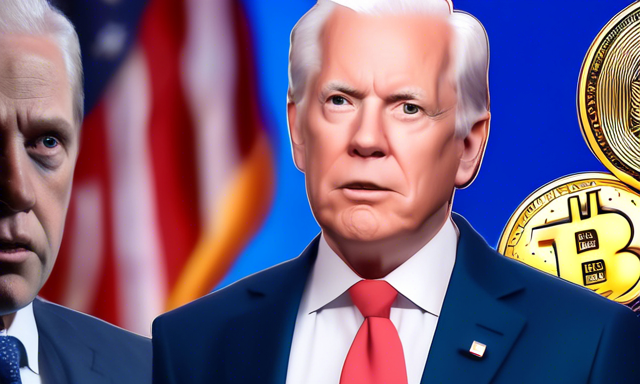Empowering Users: Using Section 230 to Control Social Media Giants 🚀
Imagine a world where you have more control over what you see on social media platforms like Facebook, Instagram, and WhatsApp. This year, a lawsuit filed against Meta, the owner of these platforms, aims to do just that by leveraging a little-known part of Section 230 of the Communications Decency Act. This legal maneuver could potentially shift the balance of power towards consumers, allowing them to dictate their online experiences.
The Legal Battle Unfolds 🏛️
Ethan Zuckerman, a public policy professor, has taken the bold step of using Section 230 to challenge Meta’s authority. By focusing on the protection clause within the law that allows for filtering objectionable content online, Zuckerman seeks to introduce software that lets users automatically unfollow everyone on Facebook. This novel approach could redefine how tech giants operate and give users more agency in curating their feeds.
- Section 230: A Brief Overview
- Introduced in the early days of the internet
- Protects companies from liability related to user-generated content
- Makes it difficult to sue tech firms over harmful or offensive posts
From Concept to Legal Action ⚖️
The lawsuit traces its origins to a developer’s initiative to reduce time spent on Facebook. Faced with a cease and desist letter from the social media giant for creating a tool that streamlined unfollowing users, the developer complied. However, this incident caught the attention of Zuckerman, who saw an opportunity to push back against social media platforms’ overreach.
- Zuckerman’s Intervention
- Former tech industry player turned academic
- Identified Section 230 loophole during a research endeavor
- Partnered with legal experts to explore the lawsuit’s viability
A Legal Precedent in the Making 📜
By invoking a clause within Section 230 that allows for the blocking of objectionable content, Zuckerman aims to pave the way for greater user control over social media feeds. This legal strategy mirrors past cases, such as Kaspersky’s successful defense using a similar argument in a cybersecurity lawsuit. If successful, this lawsuit could usher in a new era of accountability and empowerment for social media users.
- Legal Implications
- Potential redefinition of tech companies’ responsibilities
- User-centric approach to content moderation
- Balancing consumer rights with platform regulations
Hot Take: Shaping the Future of Online Interactions 🔮
As a crypto enthusiast interested in the evolving landscape of digital platforms, the legal battle unfolding around Section 230 presents a fascinating opportunity to redefine the relationship between tech giants and their users. By advocating for greater user control over social media content, Ethan Zuckerman and his legal team are pushing the boundaries of what is possible in the digital realm. This lawsuit could set a powerful precedent for how online platforms interact with their users, paving the way for a more user-centric internet experience.





 By
By
 By
By
 By
By

 By
By